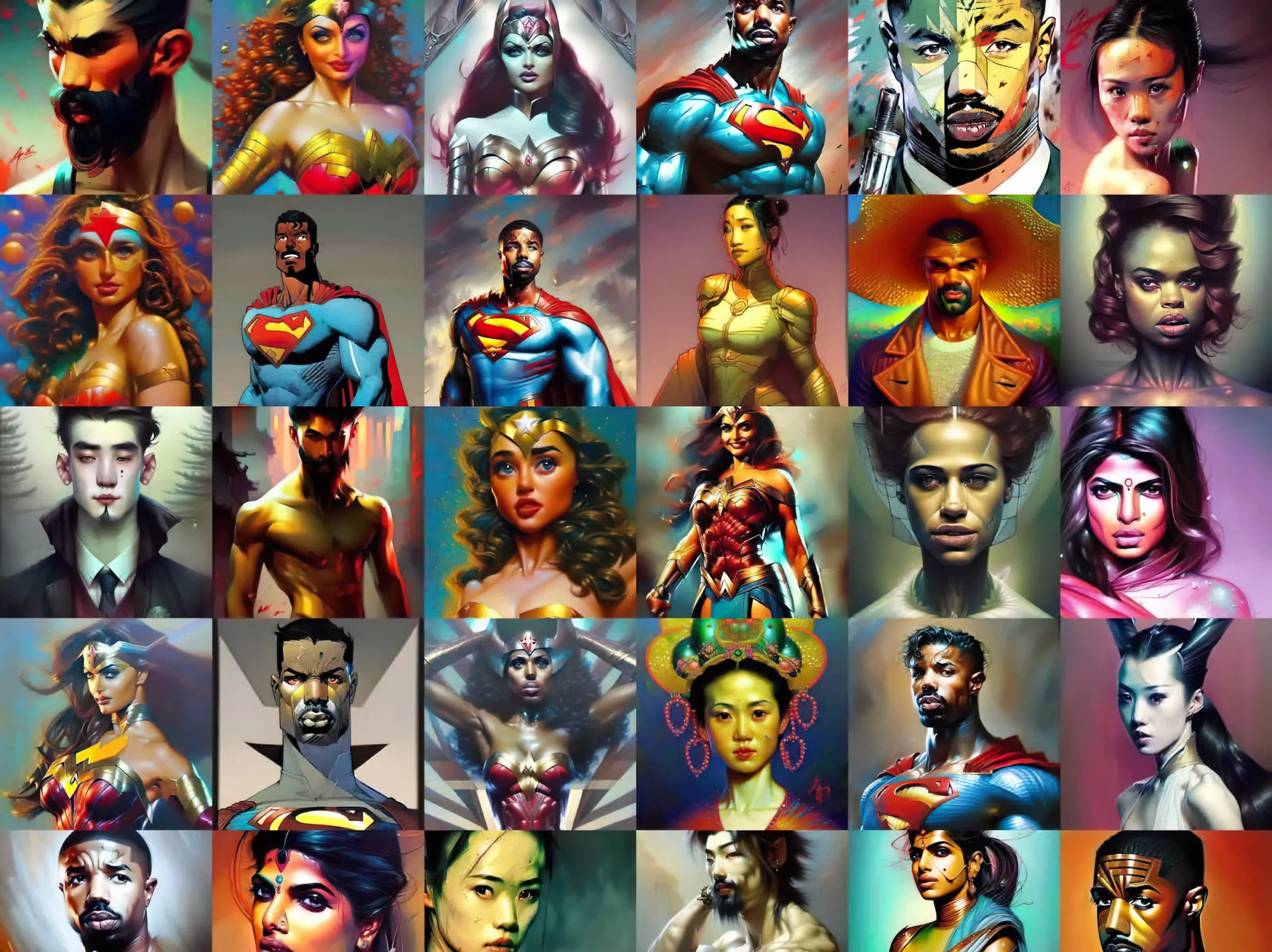A hot potato: For the second time this week, Stability AI, creator of the art generation tool Stable Diffusion, is being sued over alleged copyright violation for scraping content to train its systems. This time, stock images/video/music provider Getty Images has "commenced legal proceedings in the High Court of Justice in London" against Stability AI.
Getty Images said in a statement that Stability AI unlawfully copied and processed millions of images protected by copyright "absent a license to benefit Stability AI's commercial interests and to the detriment of the content creators."
Getty Images CEO Craig Peters told The Verge that the company had notified Stability AI of its upcoming litigation in the UK. There's no word on whether a US case will follow.
"The company [Stability AI] made no outreach to Getty Images to utilize our or our contributors' material so we're taking an action to protect our and our contributors' intellectual property rights," said Peters.
Check out How to Run Stable Diffusion on Your PC to Generate AI Images
It looks like Stability AI's lawyers will have a busy few months, or years, ahead. We heard yesterday that three artists had launched a class action against the company, Midjourney (another AI art generator), and portfolio site DeviantArt for allegedly violating copyright laws. Lawyer Matthew Butterick, who filed the case alongside antitrust and class action specialist Joseph Saveri Law Firm, said creators are concerned about AI systems being trained on copyrighted work without consent, credit, or compensation.
Questions over what material generative AIs are trained on sit alongside fears that they will replace human jobs. It's proving to be a murky area, legally, with most creators of the systems arguing that such training falls under the fair use doctrine in the US, or fair dealing in the UK. Peters says Getty Images doesn't think this is an accurate assumption, unsurprisingly.
Something that could support Getty Images' case is an independent analysis of Stability AI's dataset that found a large portion came from Getty Images and other stock image sites. Moreover, the AI often recreates Getty Images' watermark in its generated images.
Peters told The Verge that Getty Images isn't interested in financial compensation or stopping the development of these AIs but finding ways of building a model that respects intellectual property. Stability AI says the next version of Stable Diffusion will allow artists to opt out of having their work included in training datasets, but that might not be enough to placate original creators and companies like Getty Images.
🚩My face is in the #LAION dataset. In 2013 a doctor photographed my face as part of clinical documentation. He died in 2018 and somehow that image ended up somewhere online and then ended up in the dataset- the image that I signed a consent form for my doctor- not for a dataset. pic.twitter.com/TrvjdZtyjD
--- Lapine (@LapineDeLaTerre) September 16, 2022
Adding to the controversy is the recent news that a California-based AI artist discovered private medical record photos taken by her doctor in 2013 were part of the LAION-5B image set. The dataset, a collection of 5 billion images and associated descriptive captions created by a German-based research non-profit, is used to train Stable Diffusion and other generative AIs. Artists can check if their work is part of LAION-5B at Have I Been Trained.
